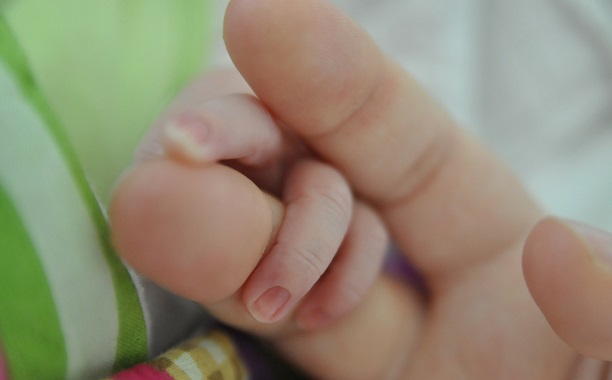While there are claims that placenta contains vitamins which could benefit a woman’s health, the findings of a recently published scientific study suggest otherwise, as the study found no health benefits associated with eating placenta raw, cooked or in pill form.
In the study, which was published June 4 in the journal Archives of Women’s Mental Health, researchers from Northwestern Medicine reviewed 10 current published research studies on placentophagy and didn’t find any human or animal data to support common claims regarding placenta’s health benefits to women.
Common claims as to the benefits of placentophagy include protection against postpartum depression, a reduction in post-delivery pains, increased energy, help with lactation, enhanced maternal bonding, the promotion of skin elasticity and the replenishment of iron in the body.
While there are those who are convinced that eating the placenta replenishes iron stores in the body, the team of researchers indicated that the notion is actually based on subjective reports as opposed to scientific research.
While the dubious claims of benefits are cause for concern, the scientists behind the review are more concerned with the present lack of studies examining the risk of placenta ingestion, according to a release on EurekAlert. To illustrate why, one must explain what the placenta is for.
The placenta, a flattened circular organ in the uterus of pregnant eutherian mammals which nourishes and maintains the fetus through the umbilical cord, acts as a filter which absorbs toxins and pollutants. Subsequently, the study’s scientists think that organ’s tissues could retain bacteria or viruses after birth.
Dr. Cynthia Coyle, PhD, the study’s lead author and clinical psychologist at Nothwestern University, was quoted by BBC in a report as having said that placenta’s storage and preparation lack regulations while “the dosing is inconsistent.” As a result, she says that women simply “don’t know” what it is that they’re ingesting.
There are no regulations as to how the placenta is stored and prepared, and the dosing is inconsistent (…) Women really don’t know what they are ingesting.
Dr. Daghni Rajasingam, spokesman for the Royal College of Obstetricians and Gynaecologists (RCOG), said that placenta is rich in blood flow, but there are potentially risk associated with its ingestion. Subsequently, “wouldn’t recommend” it, but what women decide to do with their placenta is their decision.
What women do with their placenta is up to them – but I wouldn’t recommend they eat it.
In other recent health coverage here at Immortal News, an unrelated study has found a link between breastfeeding and a lower risk of childhood cancer.
What are your thoughts on placentophagy?
























